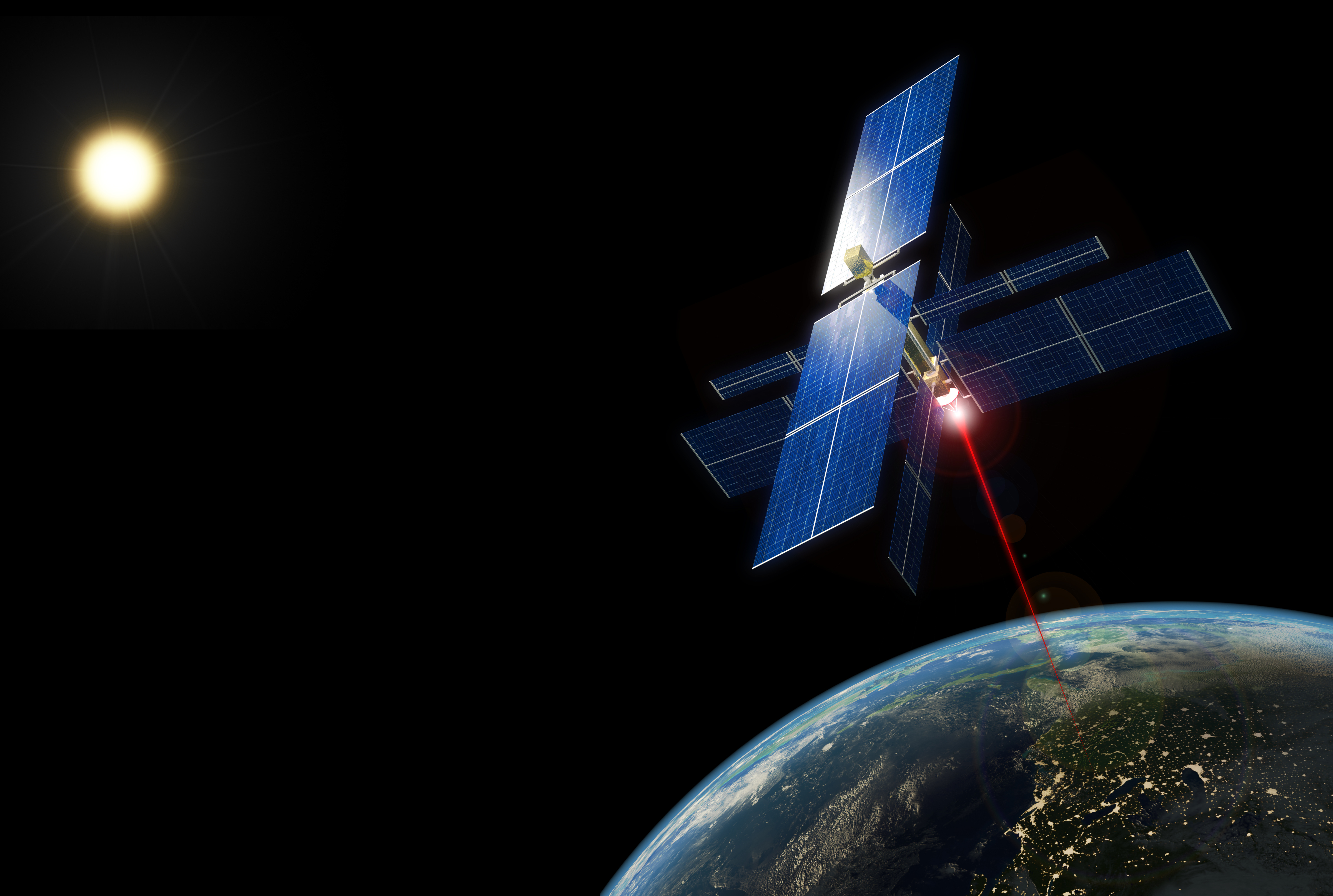Scottish satellite firm wins major IoT network contract
The deal with Spire Global aims to reduce IoT costs and improve global connectivity


Spire Global, a Glasgow-based space services firm, has signed a deal to build and operate six satellites for IoT provider Lacuna Space.
The deal - which the companies say could be expanded to dozens more satellites - is aimed at enhancing Lacuna Space's IoT network, which offers global connections for sectors such as agriculture, maritime, logistics, and environmental monitoring.
Lacuna Space said the move will improve the scalability and reliability of services such as global weather intelligence, ship and plane movement monitoring, and spoofing and jamming detection.
"These services are transformational in enabling new applications across a wide variety of industries and solving some of the biggest challenges facing humanity today," said general manager of space services at Spire Frank Frulio.
"With Spire Space Services, we have streamlined the process to architect, build, launch and operate satellites reliably, and at a much lower cost than it would typically require new space companies to build infrastructure in space, allowing revolutionary technologies, like Lacuna’s IoT network, to reach the market faster."
Spire Global deal could be extended
Under the agreement, Spire will initially build and launch six satellites carrying Lacuna Space’s payload and antenna, with Lacuna Space operating the payloads and receiving encrypted data at its Harwell headquarters.
Spire will handle end-to-end management and customers can deploy a constellation, hosted payload, or a software application using the Glasgow firm’s infrastructure.
Sign up today and you will receive a free copy of our Future Focus 2025 report - the leading guidance on AI, cybersecurity and other IT challenges as per 700+ senior executives
The satellites feature Lacuna’s new ultra-high density Gentoo satellite gateway. These gateways work in conjunction with Lacuna’s ground scheduling network, enabling adaptive, regional, fine-frequency algorithms developed using AI from years of satellite-based spectrum scans.
"This contract is a very important step in Lacuna’s progression into commercial operations, and represents over five years of intensive development work to refine the concept and achieve the scalability and reliability required to provide a global commercial service," says Rob Spurrett, CEO and co-founder of Lacuna Space.
RELATED RESOURCE

Read this in-depth analysis of device activity and IoT malware trends
According to a report from the UK Space Industry, Scotland's space industry grew by almost £40 million in 2020-2021, with 183 organizations operating in the area, accounting for more than 8,500 jobs.
The total UK space industry income grew by 5.1% in real terms to £17.5 billion – the second fastest annual growth in the last seven years, outpacing the global industry average.
There are currently five launch facilities under construction or at an advanced stage of planning in Scotland.
This includes:
- SaxaVord Spaceport in Unst in Shetland
- Space Hub Sutherland at A' Mhòine
- Spaceport 1 in the Outer Hebrides
- Prestwick Spaceport in Ayrshire
- Spaceport Machrihanish in Argyll
SaxaVord Spaceport in Unst in Shetland; Space Hub Sutherland at A' Mhòine; Spaceport 1 in the Outer Hebrides; Prestwick Spaceport in Ayrshire and Spaceport Machrihanish in Argyll.
This latest deal cements Glasgow's position as something of a leader in the satellite business, according to Craig Brown, investment director at the UK Space Agency.
"Glasgow produces more satellites than anywhere else in Europe, and this contract between Spire Global and Lacuna Space is a fantastic example of how the UK’s strong heritage in space manufacturing is accelerating our progress towards global connectivity and new commercial applications for telecommunications," he said.
"This collaboration will unlock opportunities for businesses, using satellites to transfer data and information between millions of sensors on the ground that make up IoT, with the potential to scale up further. I’m looking forward to watching the constellation come to life."
Emma Woollacott is a freelance journalist writing for publications including the BBC, Private Eye, Forbes, Raconteur and specialist technology titles.
-
 The modern workplace: Standardizing collaboration for the enterprise IT leader
The modern workplace: Standardizing collaboration for the enterprise IT leaderHow Barco ClickShare Hub is redefining the meeting room
-
 Interim CISA chief uploaded sensitive documents to a public version of ChatGPT
Interim CISA chief uploaded sensitive documents to a public version of ChatGPTNews The incident at CISA raises yet more concerns about the rise of ‘shadow AI’ and data protection risks

